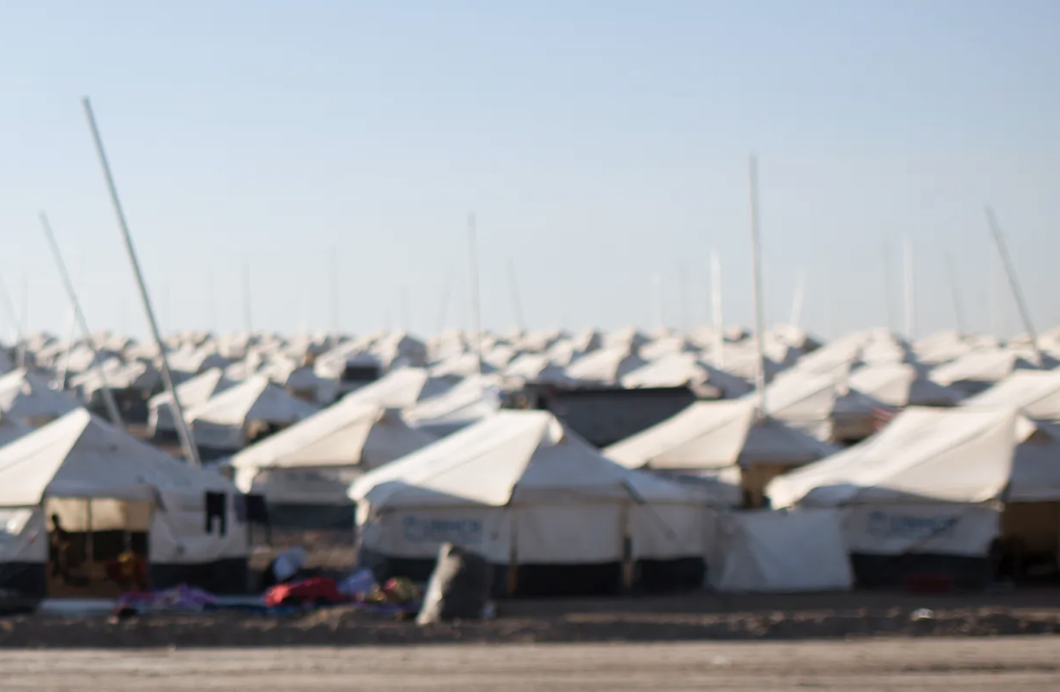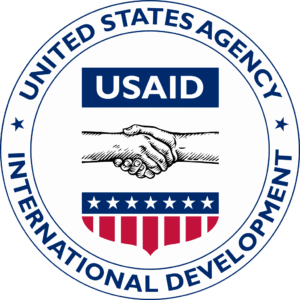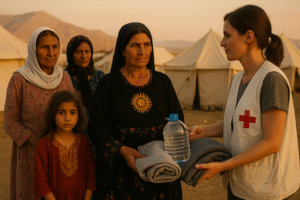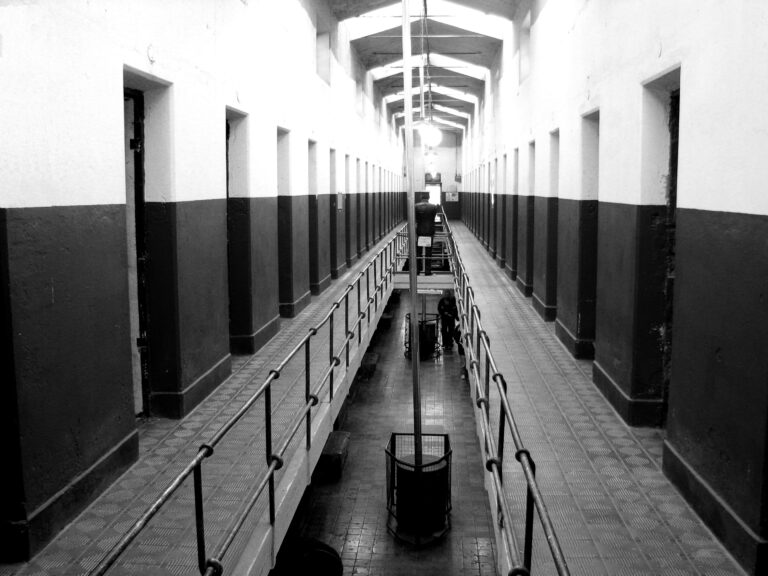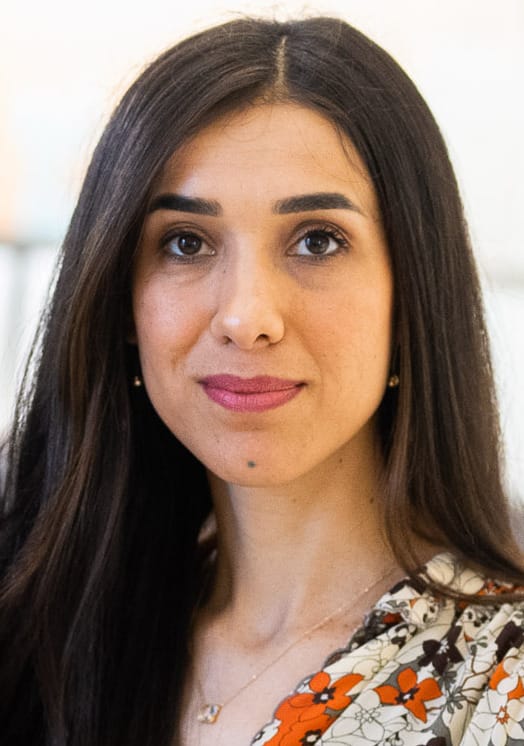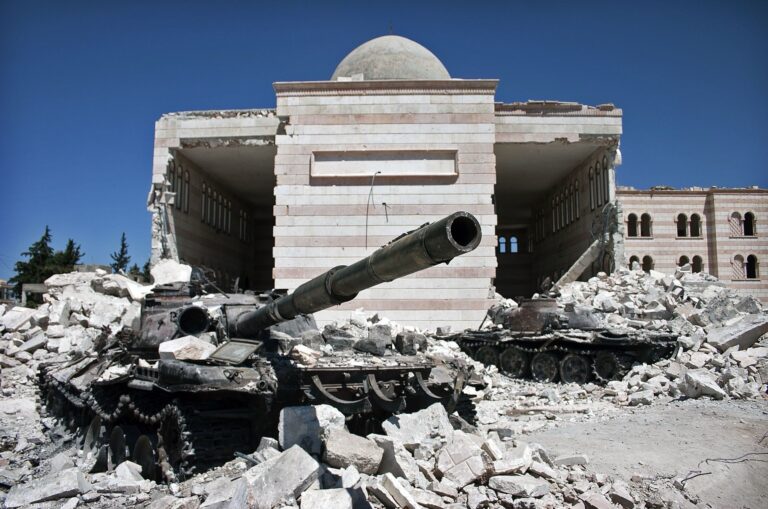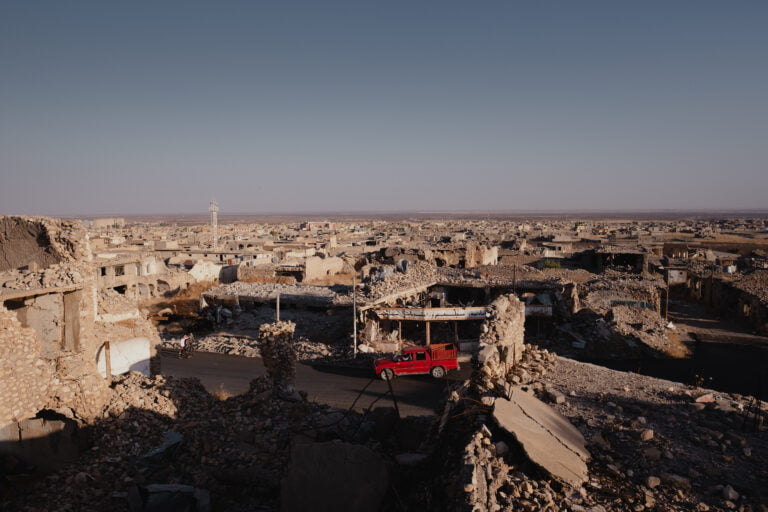The Ezidi people, an ancient ethnic and religious group from northern Iraq, continue to face dire conditions in displacement camps years after ISIS attacks forced them from their homes. The reduction in funding from the U.S. Agency for International Development (USAID) has severely impacted reconstruction efforts, access to medical care, and essential services in camps where many Ezidis remain internally displaced.
Many Ezidi families live in deteriorating tents that provide little protection from harsh weather, while inadequate sanitation and fire hazards add to the daily risks. Planned infrastructure projects such as schools, community centers, and water purification systems have been halted due to the funding freeze. Vital equipment delivered before aid suspension remains unused, worsening the situation.
Before the USAID cuts, assistance programs supported reconstruction in Ezidi villages devastated by ISIS, including building homes for families of victims, youth centers, and cultural heritage initiatives aimed at preserving the region’s diverse history. Hundreds of thousands of Ezidis had returned home following these efforts. Additionally, medical clinics in the camps provided critical healthcare to thousands, though they are now functioning at a fraction of their previous capacity. Local government support persists but struggles to meet growing needs, and many Ezidis remain reluctant to seek treatment outside their communities due to fears rooted in their traumatic experiences.
The Ezidi religion, Sharfadin, with ancient roots predating many regional religions, has faced extreme persecution. During ISIS’s 2014 expansion, tens of thousands were forced to flee to mountainous areas to escape violence that included mass killings, kidnapping of children for forced military service, and enslavement of women. Despite military aid and humanitarian airdrops that helped many survive, thousands remain missing or displaced.
International humanitarian organizations once played a major role in providing aid, but ongoing global crises have forced many to withdraw, leaving smaller, often evangelical groups to maintain services. These groups provide food distribution, vocational training, and medical care not only to Ezidis but also to Christians and refugees in the region. Even so, demand far exceeds available resources, with clinics regularly turning away hundreds of desperate individuals seeking help.
Many Ezidis who have fled abroad face significant challenges in preserving their cultural and religious identity. Their faith places importance on local shrines and community traditions that are difficult to maintain in diaspora. Strict religious marriage practices and historically limited educational opportunities further complicate integration and community cohesion outside Iraq.
Despite these hardships, a new generation of Ezidis living abroad is striving to develop skills and raise awareness to support their people’s recovery. Digital education and vocational training are viewed as essential tools to rebuild the economy and create sustainable futures for Ezidis in their homeland.
While conditions in displacement camps remain precarious, the hope is that with renewed support and empowerment, the Ezidi people can eventually overcome dependency on external aid and reclaim their ancestral lands with dignity and security.
